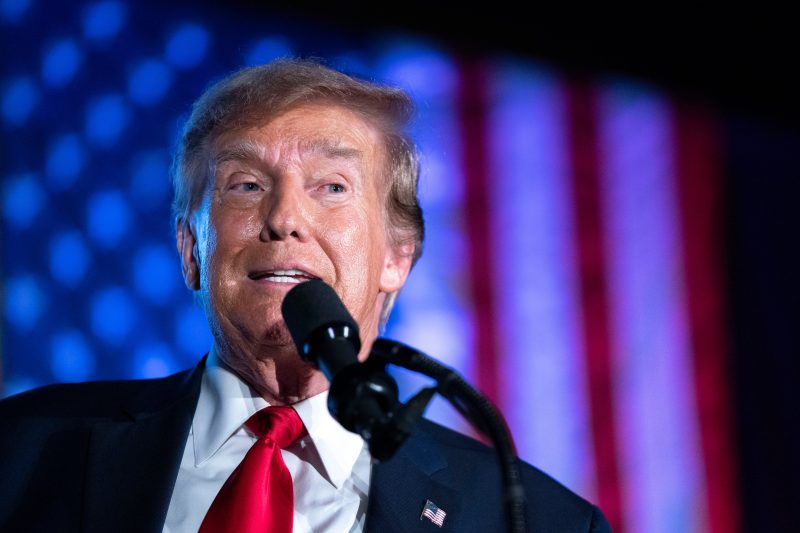In recent years, the relationship between Black voters and the Republican Party has been fraught with complexities. Despite this, certain areas in which the party has made substantial strides in connecting with this demographic can no longer be overlooked. Even given the party’s historical policy preferences and perceived trading off racial resentments, startlingly, there is an observed growth in party support from Black voters.
One of the primary reasons behind this unexpected development is an increasing dissatisfaction with the Democratic Party. Historically, Black voters have leaned heavily toward the Democratic Party, primarily because of its role in advancing civil rights. However, a developing critique suggests that Democrats take Black votes for granted, leading to a reevaluation of political loyalties. Some Black voters feel that the Democratic party has not prioritized Black issues as they should, leading to political apathy or a shift towards the Republican party.
The Republican Party’s economic policies have also played a significant role in attracting Black voters. The party’s emphasis on capitalism, entrepreneurship, and lower taxes is appealing to a segment of the Black population that owns businesses or aspires to do so.
Moreover, conservative social and religious values held by members of the Republican Party resonate with a subset of the Black community. These constituents appreciate the party’s stance on issues such as abortion and religious freedom and thus align with Republicans despite other policy disagreements.
It should also be noted that Republicans’ law and order stance can attract Black voters who are concerned about crime in their neighborhoods. This highlights the complexity and diversity of views within the Black community, whose priorities are not always encompassed by Democratic agendas.
The advent of prominent Black Republicans has added a new dimension to this paradigm. Figures like Senator Tim Scott of South Carolina, former Secretary of Housing and Urban Development Ben Carson, and others have shifted the narrative around ‘what it looks like to be a Republican’. Their presence and relative success within the party provide relatable role models and offer proof that conservatism within the Black community is not only possible but also increasingly prevalent.
There is also an appeal for Black Republicans in the idea of political diversity within the Black community. Voting Republican challenges the ‘monolithic Black vote’ narrative, embracing the agency of individual Black voters to make political choices based on more than just their racial identities.
The interaction of these factors has led to a surprising growth of Black support for Republicans in recent years. However, Democrats and Republicans alike must not downplay the significance of these developments. This shift serves as a reminder that the Black community, like any other, is not monolithic and that political assumptions cannot be made solely on the basis of race.
The growing support from Black voters for the Republican party, therefore, despite some in the party’s ingrained attitudes, or perceived indifference to racial issues, suggests politics is in flux. It underscores the potential for any party that genuinely engages with the Black community, across its entirety and diversity, to earn and maintain their political support.
